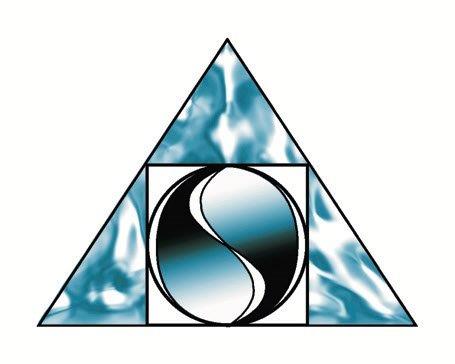The Green-eyed Monster
“Envy does not allow humanity to sleep.” ─ Carl G. Jung, Psychology of the Unconscious
Envy
On occasion, a client has mentioned that they feel envious or jealous of someone or something else. They might say, “I saw my friend get recognized for her work and wished that I was too. I felt jealous; I envied her. I don’t like to feel that way.” Envy and jealousy are very close in meaning they are like cousins. The word envy etymologically is derived from the Latin invidia and invidere regard maliciously, grudge, from in – ‘into’ + videre ‘to see.’
It is an emotional experience. When a person envies with jealousy, the whole body feels contracted, restricted and diminished. It happens when someone feels and has judged themselves to be lacking or deficient in a certain area. Then they feel shrunken and less than the other, suddenly feeling inferior. You can see another’s superior quality, achievement, or possession and either immediately desires it or wishes that the other lacked it. Envy occurs with either a positive or negative viewpoint over the other person or thing. This can cover a broad range of feeling from a begrudging resentment and spite to a covetous desire or greed. Envy causes a sense of longing and a feeling of unhappiness.
Envy contains two parts, such as you and your friend or the new car that your neighbor bought. For example, when a friend of yours suddenly wins a sum of money in the lottery or inherits a chunk of money from a relative his or her lifestyle changes for the better. Now they can pay off their bills, and you can’t. If you tell another person that you envy them, they will diminish themselves and reduce their self-worth to appease your inferior feeling, at the same time minimizing their own self to be accepted by you. When you resent and begrudge what another possesses or owns this is envy.
Jealousy
Iago: O, beware, my lord, of jealousy;
It is the green-ey’d monster , which doth mock
The meat it feeds on. That cuckold lives in bliss,
Who, certain of his fate, loves not his wronger:
But O, what damnèd minutes tells he o’er Who dotes,
yet doubts, suspects, yet strongly loves!
Othello: O misery! Othello Act 3, scene 3, ─ Shakespeare
The green-eyed monster is an idiom. This figure of speech can strike a powerful image in your mind causing you to wince. Both jealousy and envy are associated with this personified imaginal figure. Shakespeare was the first to use this phrase in a written work. At that time in history, colors were associated with feelings and emotions. Green and yellow were a symbol of jealousy and envy, and still are. Some colors were associated with the bodily fluids which were called “humors” that characterized someone’s personality and temperament.
Unlike envy, jealousy involves a group of three people. The Three might consist of you, your husband and your girlfriend or you, your boss, and a coworker. A person can feel jealous and be filled with anguish because they are worried and afraid of losing something that is loved. For example, you could lose a boyfriend or a girlfriend to another friend. In the workplace, you can be jealous that your boss favors a co-worker over you. The boss might give a promotion that you think you deserve to that co-worker.
How to heal the green-eyed monster in relationships, the workplace, or life in general.
- Under these feelings lies the fear of loss or abandonment of a desired love object, and the fear of not getting what you think you don’t have. As you notice your envy or jealousy, stop and take a breath to release the fear, as you observe yourself, watch it dissolve.
- Jealous behavior wounds you and others. When you catch yourself feeling jealous and mistrustful with envy change your thoughts and mind. Reframe the fear-based belief by telling yourself you have your husband or wife/boyfriend or girlfriend. It is irrational thinking to fear losing what you already have. Notice the relief as you let go of what binds you in this state of mind.
- All the desirous longings are not about you and what you want. Reduce self-centeredness by letting go of owning, possessing, controlling, or monitoring another person’s attachment to you. Everyone has the right to their personal choices and freedom. When you take yourself out of having to be included in everything, you can begin to be happy for others and yourself.
- Give up personal comparisons. When you put yourself side by side and evaluate how you measure up to another, there will always be a contrast that you can judge. This is not helpful because you can only be yourself.
“Envy is the art of counting the other fellow’s blessings instead of your own.” ─ Harold Coffin
© Susan Ozimkiewicz 2015







